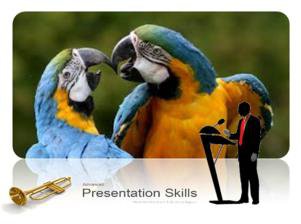
The purpose of communication is to get your message across to others clearly and unambiguously. Doing this involves effort from both the sender of the message and the receiver. And it's a process that can be fraught with error, with messages often misinterpreted by the recipient. When this isn't detected, it can cause tremendous confusion, wasted effort and missed opportunity.
In fact, communication is only successful when both the sender and the receiver understand the same information as a result of the communication.
In a recent survey of recruiters from companies with more than 50,000 employees, communication skills were cited as the single more important decisive factor in choosing managers. The survey, conducted by the University of Pittsburgh's Katz Business School, points out that communication skills, including written and oral presentations, as well as an ability to work with others, are the main factor contributing to job success.
In spite of the increasing importance placed on communication skills, many individuals continue to struggle with this, unable to communicate their thoughts and ideas effectively – whether in verbal or written format. This inability makes it nearly impossible for them to compete effectively in the workplace, and stands in the way of career progression.
This program is primarily conceived and designed to enhance and sharpen the communication and presentation skills of the participants through effective exposure using case studies method of instruction and interactive & practical sessions on the essential fundamentals of these skills and the associated intricacies, thereby helping them in acquiring the necessary skills to deliver one’s best in the organization. The programme is primarily designed to enhance personal and organizational effectiveness.
The main objectives of the programme are:
The issues to be deliberated during the programme are:
19 – 22 April 2021